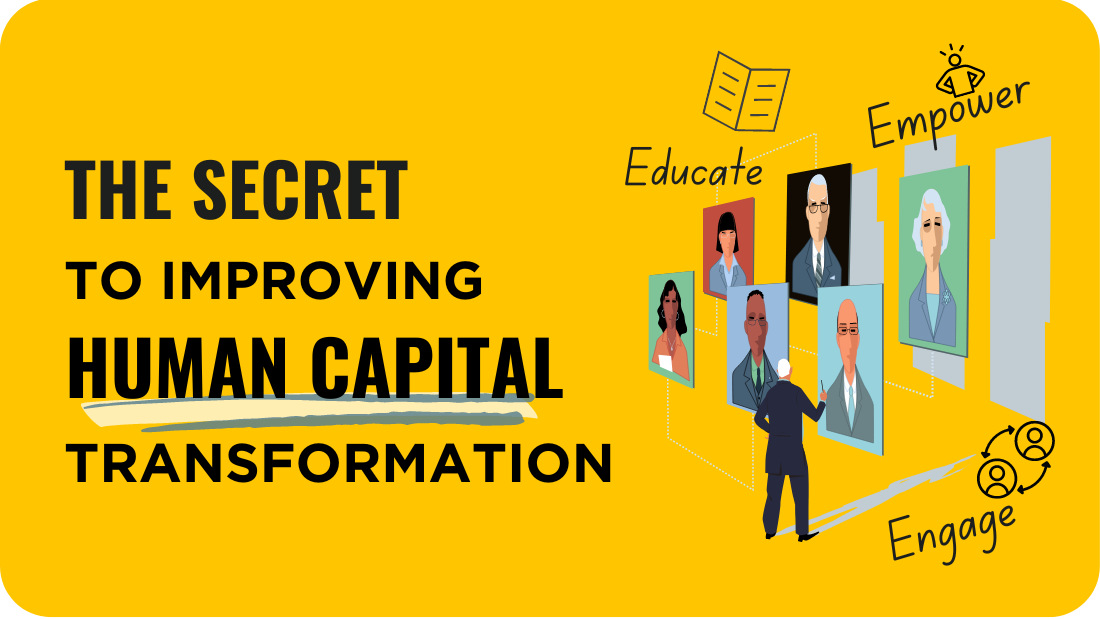Today, more people are opening up to remote talent than ever before due to several factors. Firstly, the COVID-19 pandemic has accelerated the trend towards remote work, with many businesses having to adapt to new ways of working to maintain operations during lockdowns and social distancing measures. Secondly, remote talent provides businesses with greater access to skilled professionals, enabling them to find the best and most suitable candidates for their needs. This has proven particularly attractive for startups and small businesses who may not have the resources to hire full-time employees. Additionally, remote work enables individuals to work from anywhere, allowing them to choose their preferred location, reduce commute time, and better manage their work-life balance.
Read More
With the rise of the COVID-19 pandemic, remote work has become an increasingly popular alternative to traditional in-person work models. This shift has led many organizations to embrace hybrid work models and remote work options. Many employees have become so accustomed to remote work that companies not offering it as an option are becoming less attractive.
Read More
It’s no secret. Empowered employees feel invested, engaged, and motivated to push forward, helping the company reach its goals. But the real question remains: what techniques can you realistically use to develop an empowered workforce? There are quite a few top considerations, from delegating responsibilities to employees, offering more opportunities for your staff to learn and grow professionally, to giving your people a voice in the direction of company or department-based goals.
Read More
Inflation is a common economic challenge that can have a significant impact on businesses and their bottom line. As a CEO, it is important to understand how inflation affects your company and ways you can take steps to mitigate its effects.
Read More
Employee retention is an important measure all companies should be tracking. The cost of turnover can be astronomical – as we figured in this video. But before you can fix retention, you first have to understand why your employees may be looking for career opportunities elsewhere. Once you know why people are leaving, you have a better shot at correcting any shortcomings within the company, thus improving employee job satisfaction, improving retention, AND working your way to becoming a sought after workplace!
Read More
Workplace culture in an employee-owned company is not much different than in a traditionally owned company. Your company doesn't have to provide literal "employee ownership" or stock options to establish a workplace culture of ownership. Your actions as a leader are what counts. You can take small actionable steps to develop that sense of pride, commitment, and psychological ownership within your team. Below we have listed 5 ways leaders can help increase that ownership mentality within their organizations and unleash the entrepreneur inside every employee.
Read More
People are your greatest asset — regardless of the company or industry, they make things happen. That's why nurturing your human capital cannot be emphasized enough. Human capital transformation helps companies better “define, structure, and realize their human capital management strategy” by focusing on what the company can do for its employees, according to Deloitte.
Read More
Leaders can drive employee resilience, productivity, and engagement by actualizing one thing: hope. Instilling hope in your employees isn’t a one-and-done event. It’s not a mid-week seminar. It’s something you do every day to uplift your organization’s climate. In today’s post, we’ll cover simple ways to deeply embed hope in the workplace.
Read More
Like so many workers leaving their positions during The Great Resignation, I wanted it all. Higher pay, remote work, and a flexible schedule were options my former position in a non-profit couldn't offer, so I accepted a new job I knew had these benefits. But here's the plot twist: After six months in my new role, I'm on the move again. As it turns out, I value a company's culture just as much as I value flexibility. The non-profits I left (after five years) offered an incredible culture that my new job lacked.
Read More
In an effort to motivate and reward employees, companies often mistakenly develop bonus and reward programs that ultimately sabotage the overall health of their business. While rewarding employees is valuable, you must consider the backlash of a poorly-designed incentive plan. In the end, every bonus program should be built on a solid foundation that ensures the long-term financial security of the business first. Let’s look at three steps you can take to ensure your employee bonus program is not sabotaging the health of your business:
Read More

.png)








.png)
.png)





.png)




-5.png)

